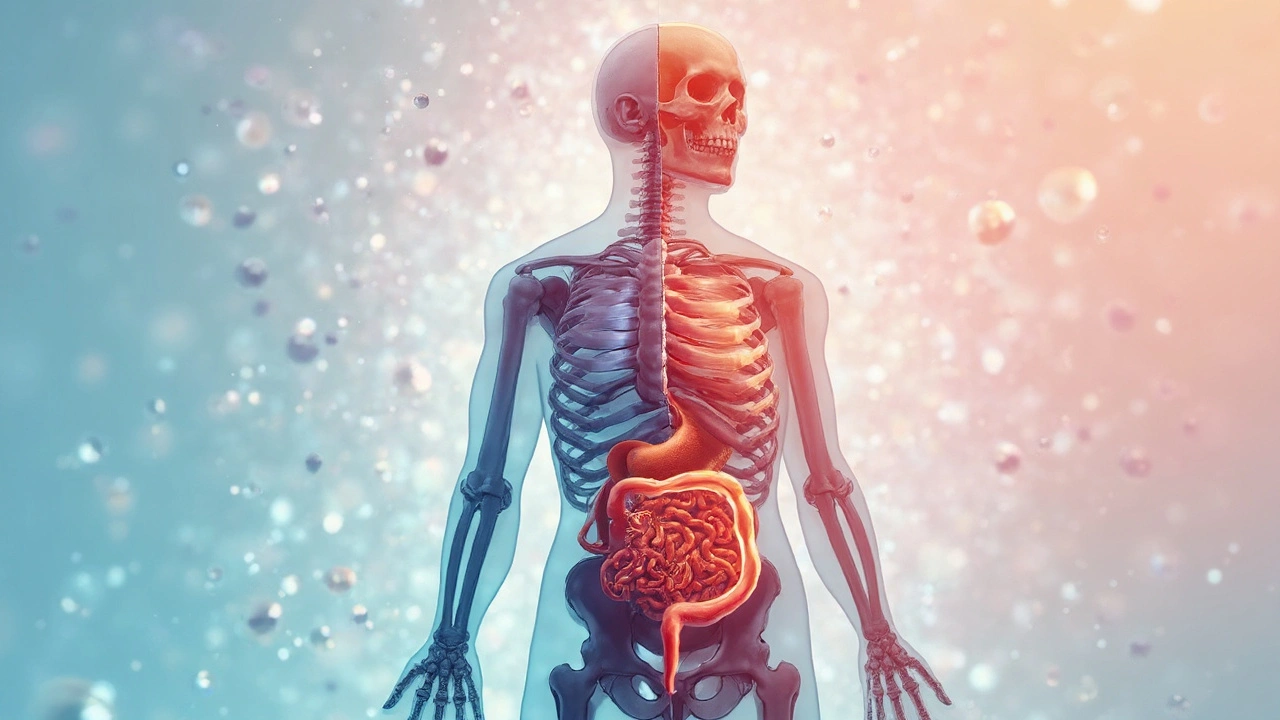Digestive Health: Easy Ways to Keep Your Gut Happy
If your stomach feels like a roller‑coaster, you’re not alone. Bad digestion can mess with energy, mood, and even sleep. The good news? Small, everyday changes often do the trick. Below you’ll find the most useful habits and food swaps that keep your gut running smooth without demanding a diet overhaul.
Everyday Habits for Better Digestion
First, drink water throughout the day—not just when you’re thirsty. Hydration helps fiber move through the intestines and prevents constipation. Aim for at least eight cups, and add a squeeze of lemon if you like a flavor boost.
Second, chew your food thoroughly. When you chew, you give enzymes a head start, breaking down nutrients before they hit the stomach. Try counting to 20 for each bite; it feels odd at first but works wonders.
Third, move a little after meals. A short walk (10‑15 minutes) encourages peristalsis, the wave‑like motion that pushes food along. No need for a marathon—just keep the pace gentle.
Lastly, keep stress in check. Stress hormones can slow digestion and cause bloating. Simple breathing exercises, a quick meditation, or even a few minutes of your favorite music can calm the gut‑brain connection.
Food Choices That Support Your Gut
Fiber is the MVP of gut health. Soluble fiber (found in oats, apples, and carrots) forms a gel that slows digestion, keeping blood sugar stable. Insoluble fiber (found in whole‑grain bread, nuts, and seeds) adds bulk, helping waste move out faster. Aim for a mix of both each day.
Probiotic foods give your gut friendly bacteria a boost. Yogurt with live cultures, kefir, sauerkraut, and kimchi are easy options. If dairy isn’t your thing, try a small serving of tempeh or a fermented plant‑based drink.
For those sensitive to FODMAPs—short‑chain carbs that can ferment and cause gas—arrowroot powder is a handy low‑FODMAP thickener. Use it in soups or smoothies instead of cornstarch for a smoother texture without the bloating.
If you’re on a weight‑loss plan or taking a medication like Orlistat, remember it can affect fat absorption and may cause oily stools. Pair it with a low‑fat meal and stay hydrated to limit side effects.
Spice it up with ginger or peppermint tea after meals. Both have natural soothing properties that calm the stomach lining and reduce nausea.
In short, a happy gut starts with small, consistent actions: stay hydrated, chew well, move a bit, manage stress, and pick gut‑friendly foods. Try one or two of these tips today and notice the difference within a week.

